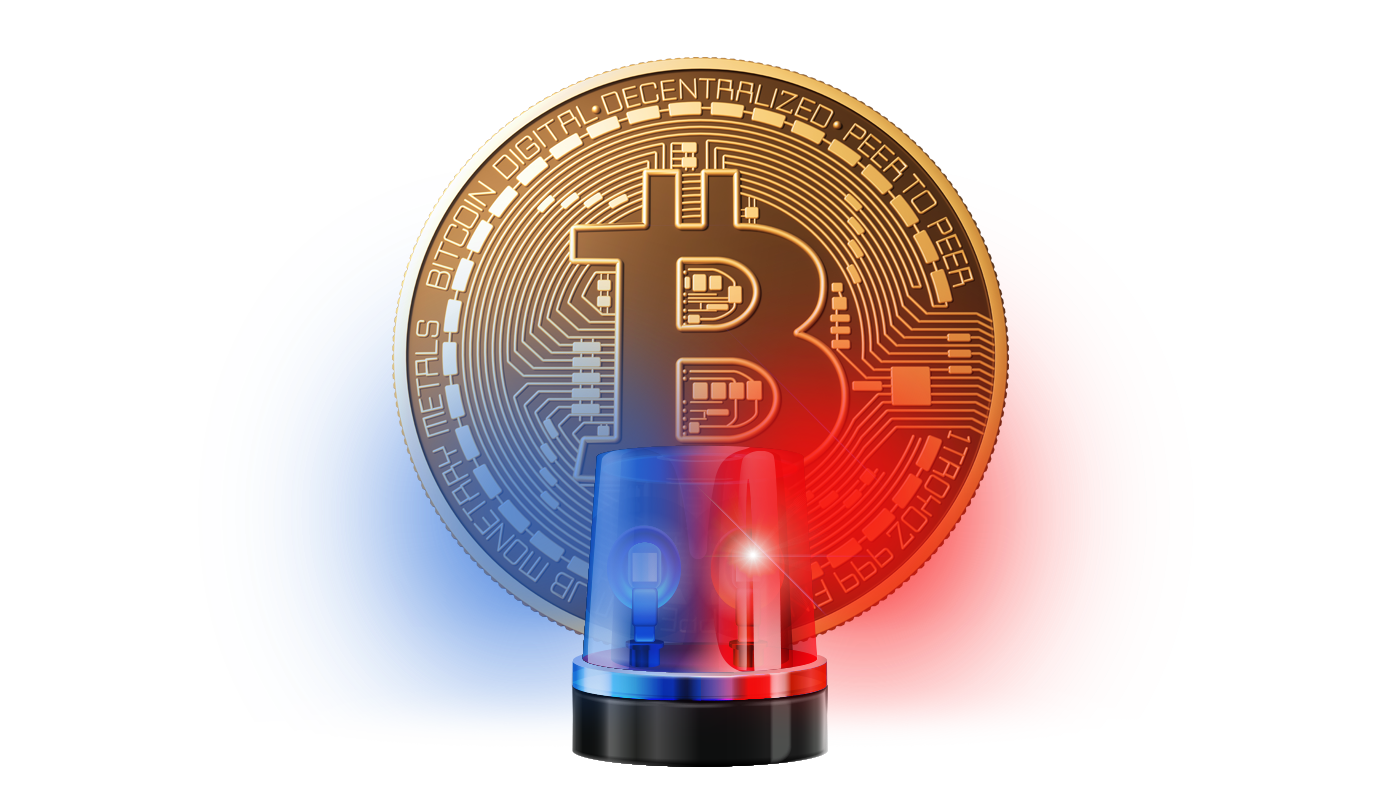So, youre new to Bitcoin and youve heard a lot of conflicting opinions. Youve heard some people say cryptocurrencies are the future. Youve heard others say Bitcoin is a scam or a Ponzi scheme. Whats the truth?
Is Bitcoin a scam?
Firstly, what exactly is a scam? While common for people to use the word to describe anything they dont like, the Cambridge Dictionary defines it as
an illegal plan for making money, especially one that involves tricking people. Implicit in that definition is the idea of information asymmetry. This means one party - usually the buyer - knows less than the other. Bitcoin is as transparent as any technology can be. Open source code, public transaction details, and abundant information online mean nothing is concealed from a buyer. Scams are all about deception. Bitcoin, on the other hand, is designed to be as open as possible. If we look at the definition of a
Ponzi or Pyramid scheme, it is apparent that Bitcoin doesnt fit those either. Some people prefer to argue from analogy and compare Bitcoin to past financial bubbles. That argument once again falls apart if we look at the facts. Bitcoin isnt the same as the infamous tulip bubble - because the tulip bubble never actually happened. Only a small handful of people were involved in trading tulip bulbs, and only half a dozen people lost any money as a result. Tulip mania is an almost entirely fabricated story. If someone compares Bitcoin to the tulip bubble, they might as well be comparing it to Harry Potter. Bitcoin isnt the same as the dot-com bubble either - its only (as it stands) worth a tiny fraction of what dot-com stocks were worth by 2000. The dot-com market
soared to nearly $3 TRILLION, the total cryptocurrency market is, at the time of writing, worth around $650 billion. Although none of us can predict the future, it seems the blockchain technology is not going anywhere. The challenge for the cryptocurrency community is making it as safe as possible. A core component of this is developing more practical everyday uses for Bitcoin.
How does Bitcoin actually work anyway?
Bitcoin was the first digital currency, meaning it can be bought and spent electronically. Cryptocurrencies are decentralised, which means they are not controlled by any particular individual or organisation. Details of every transaction are recorded on the public blockchain and verified by other users.
Why do people call Bitcoin a scam or a fraud?
Its hard to say exactly where these claims come from. In some cases, people confuse scams that use Bitcoin with Bitcoin itself. While Bitcoin itself is not a scam there are people who use it for that purpose. Just as there are people who use banner ads, email or Facebook for scams. In other cases, people call Bitcoin a scam because they dont fully understand it, or because they perceive it as a threat. Money is such an integral part of our lives that any change in it feels like a threat.
How do I avoid Bitcoin-related scams?
While Bitcoin isnt a swindle, it can be used to perpetrate scams. Anyone who gets involved with cryptocurrencies needs to be careful to avoid. So, how can you spot a Bitcoin scam? Its much the same as other forms of scams. Poorly spelled emails from strangers, cold calls, pop up ads, and sponsored links on websites are likely routes for scammers. Some scammers are out to directly steal your money, others try to sell useless products or services. Whenever there is a lot of hype around something, opportunists are bound to pop up. Luckily, its not that hard to avoid scams if you follow a few basic principles.
Here are some pointers:
- Think rationally, not emotionally.Have a plan for your investments, rather than acting on impulse. For example, research a reputable exchange instead of clicking an enticing link which promises prices lower than the market value. Remember Warren Buffetts words- Be fearful when others are greedy.
- Remember that good returns are never guaranteed in any investment.If someone promises they can 10x your money, its a scam. Cryptocurrencies dont pay dividends like stocks, so the only way your investment can go up in value is if the price of Bitcoin increases. For example, if you hear about an ebook or online course which claims to teach a proven technique for turning 100 into a retirement fund, dont waste your money. If it sounds too good to be true it probably is. You may want to avoid brand new, unproven altcoins orICOsas these are commonroutes for scammersand often lack practical uses.
- Be wary of pushiness, scare tactics or outlandish claims.Scammers may create an impression of scarcity (You have to act today or youll miss out!) or make you feel like youre missing out (Thousands of people have become Bitcoin millionaires this year - dont miss out.)
- Treat any details that enable access to your Bitcoin in the same way you would treat your bank details.If you receive an email or phone call claiming to be from an exchange or wallet, always go directly to their website rather than clicking links or giving details. When visiting a site, check that it is secure. The website address should begin with https:// - if the s is missing, its not secure. Avoid entering details while using public WiFi, especially in airports. Youre probably used to taking these precautions with your bank details, so do the same with Bitcoin.
How do I get started? How much should I buy?
Start by
learning a bit more, then investing whatever amount of money you feel comfortable spending. There's no need to buy a whole bitcoin, and you can opt for whatever suits you. You can sign up for Wirexs secure exchange and wallet today - its free and fast.
